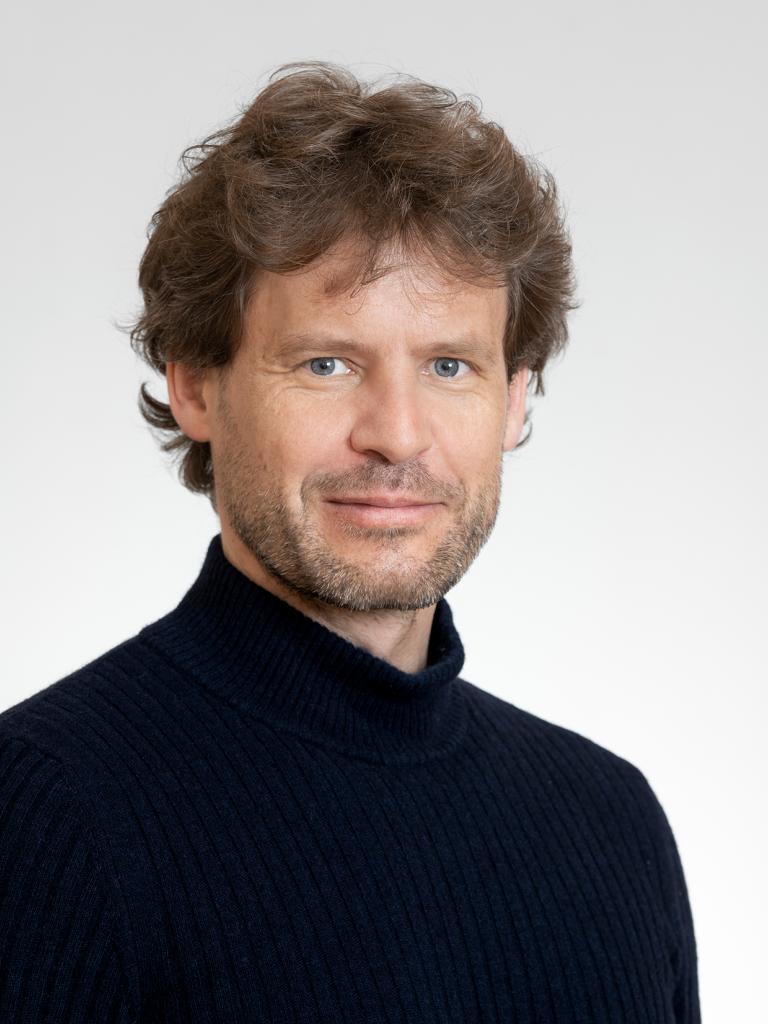Newsroom

The European Research Council (ERC) has granted STRUCTURES member Wolfram Pernice an ERC Advanced Grant.
Physicist Wolfram Pernice works in the field of photonic computing on artificial neural networks, which use light instead of electrons for data processing and data communication. His current research aims to link these new technologies with processes of probabilistic computing. It involves machine learning models which, unlike determinist approaches, work with probability statements and use noise as a resource.
The project aim is to develop hybrid integrated photonic circuits that use physical randomness for ultrafast computing. This is expected to enable optical computers performing at operation rates well beyond the limits of conventional digital computing. For his ERC project “Probabilistic Photonic Computing” (PICNIC) Prof. Pernice is to receive just under 3.5 million euros in funding. The scientist has been Professor of Experimental Physics at Heidelberg University since 2021 and heads the working group on neuromorphic quantum photonics at the Kirchhoff Institute for Physics (KIP). For his research on information processing and rapid computation using light he was awarded the German Research Foundation’s Gottfried Wilhelm Leibniz Prize for 2025. The Advanced Grant marks the second time he has received funding from the ERC, after having been awarded a Consolidator Grant in 2016.
Short Bio
Wolfram Pernice studied microsystems engineering at the University of Freiburg and computer science at Indiana University, Bloomington, USA. He obtained his doctorate at the University of Oxford, UK, in 2007. A year later, he moved to Yale University, USA, sponsored by the Alexander von Humboldt Foundation, and in 2011, he became head of an Emmy Noether junior research group at Karlsruhe Institute of Technology. In 2015, he accepted a professorship at the University of Münster. Since 2021, Pernice has been a professor at KIP and the STRUCTURES Cluster of Excellence at the University of Heidelberg. In 2013, he was elected to the Junge Akademie at the Berlin-Brandenburg Academy of Sciences and Humanities (BBAW) and the German National Academy of Sciences Leopoldina. He received an ERC Consolidator Grant in 2016, and in 2019, he was a successful participant in the Volkswagen Foundation’s programme Momentum. In 2025 he received the German Research Foundation’s prestigious Gottfried Wilhelm Leibniz Prize.
Weblinks:
